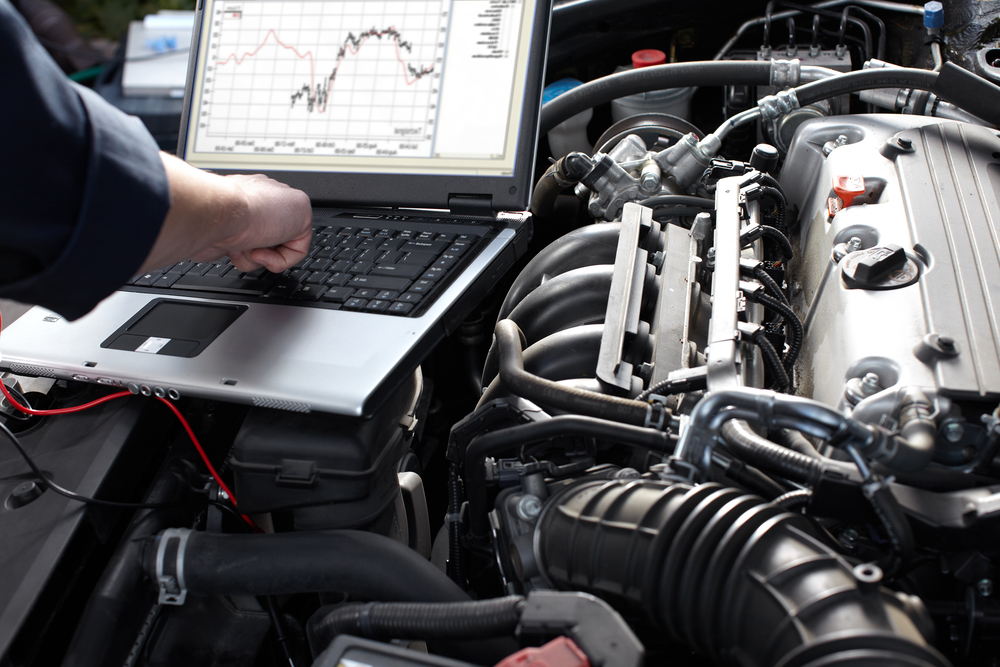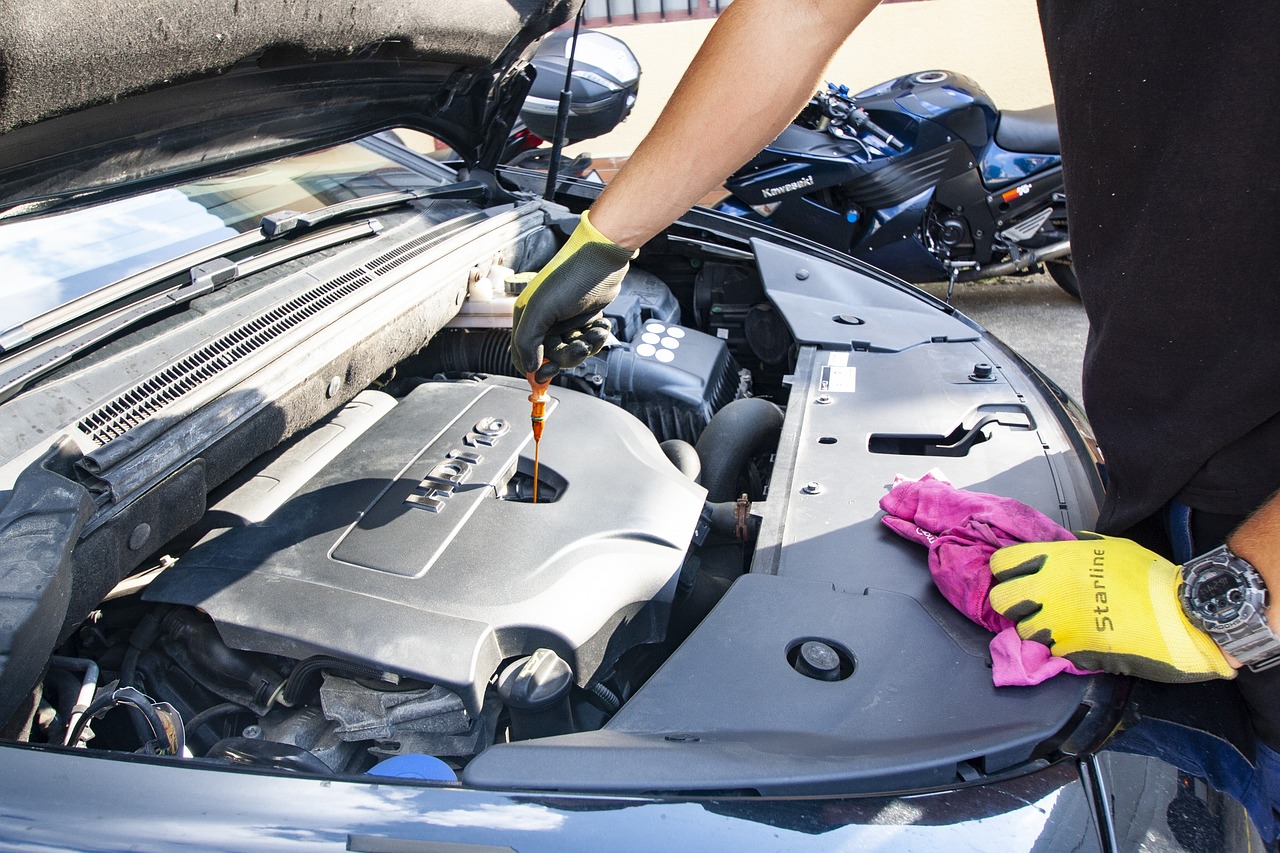Vehicles often have trouble operating in extremely low temperatures and have to work harder to run well, which is unfortunately a reality for us living in the Upper Midwest. On the positive side of things, many issues that arise in winter are very common and are simple to fix. Here are 5 common car issues to be aware of throughout the cold months:
Battery stress
Car batteries, especially, have to work harder in cold temperatures, and if your battery is on the older side, you may have trouble starting the engine. Over time, the battery terminals can start to corrode and cables can loosen, so it’s important to inspect the battery if your car has difficulty starting. It’s ideal to get a battery inspection and check the charge before winter but doing so now is better than putting it off even more.
Low tire pressure
When the temperatures drop, so does your tire pressure. Driving with tires that don’t have enough air in them leads to premature wear and, if extremely low, flat tires and blowouts. It’s common to have to have to fill up your tires at the start of winter and check the pressure at least once a month to make sure the PSI is sufficient.
Thickening fluids
Below-freezing temperatures cause fluids in your car to thicken, and this is especially a problem if you’re using the wrong kind of fluids. Full synthetic oil has a lower freezing point, but make sure you’re getting regular oil changes, or it won’t matter. You should also make sure you’re putting in wiper fluid that’s meant to withstand extremely low temperatures. If you’re not sure about your car’s fluids or haven’t had them topped off in quite a while, bring your car into the shop.
Corrosion
Road salt isn’t kind to your vehicle, and it can cause parts of the undercarriage to corrode. This is why it’s important to get your car washed throughout the winter, as long as the temperature allows for it. Make sure the car washes you’re getting will clean underneath the vehicle.
Spark plug failure
Older spark plugs are highly susceptible to corrosion, meaning your car will have trouble starting or won’t start at all in cold weather. If you know the issue isn’t with your battery, you’ll want to bring your vehicle in to get the spark plugs replaced.
It’s important to keep up with routine maintenance throughout the winter as well, such as getting tire rotations and oil changes. If your mechanic notices something isn’t quite right with your vehicle, they can let you know. Auto Works hopes you don’t run into any car troubles this season, but if you do, we’re here to help.



